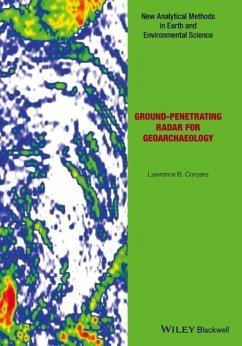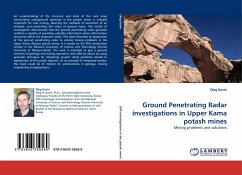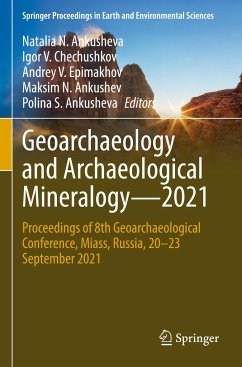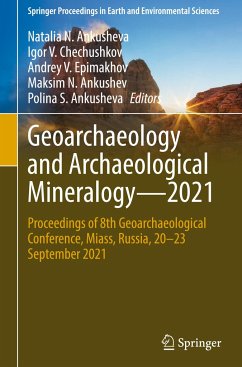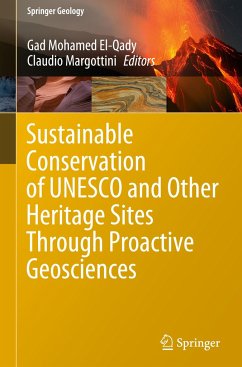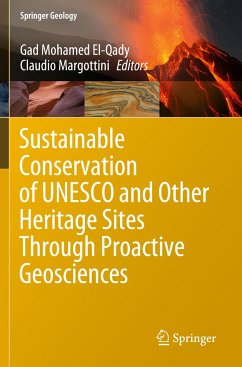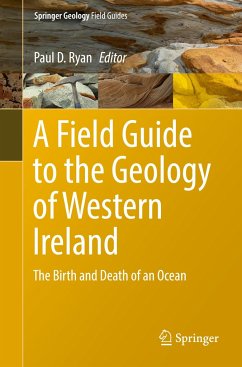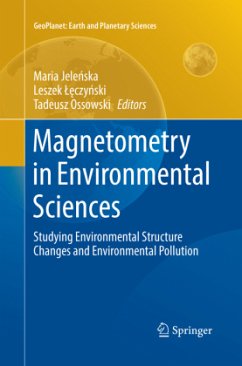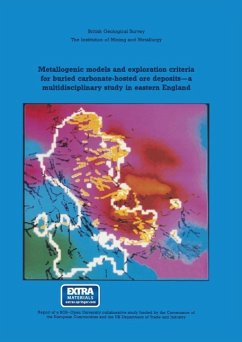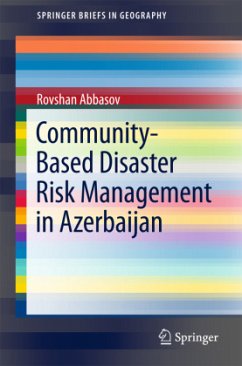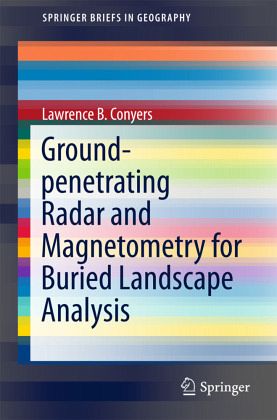
Ground-penetrating Radar and Magnetometry for Buried Landscape Analysis

PAYBACK Punkte
25 °P sammeln!
This book presents the integrated use of magnetometry and ground-penetrating radar geophysical mapping to understand the human presence within buried archaeological landscapes. Ground-penetrating radar can be used to identify buried living surfaces, geological stratigraphy and the architectural remains of sites in three-dimensions. Magnetometry can produce images denoting differences on the composition of those materials, both anthropogenic and natural, but with more limited three-dimensional resolution. The integration of the two has a unique ability to resolve and interpret these buried mate...
This book presents the integrated use of magnetometry and ground-penetrating radar geophysical mapping to understand the human presence within buried archaeological landscapes. Ground-penetrating radar can be used to identify buried living surfaces, geological stratigraphy and the architectural remains of sites in three-dimensions. Magnetometry can produce images denoting differences on the composition of those materials, both anthropogenic and natural, but with more limited three-dimensional resolution. The integration of the two has a unique ability to resolve and interpret these buried materials, differentiated between the human-caused and natural layers, and place all buried features within historic landscapes. The final product of geophysical integration, along with some limited subsurface testing, produces a holistic analysis of human adaptations to, and modifications of, the ancient landscape. Examples are shown from sites in Roman Croatia and Britain, Medieval Ireland, Colonial Connecticut, and an Archaic site in the Colorado Rocky Mountains. These examples from very different environments, time periods and cultural groups illustrate how the integrated geophysical methodology can interpret, on a scale approaching many hectares, the ancient landscapes within which people lived.



